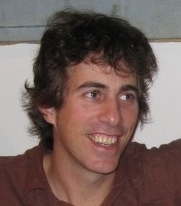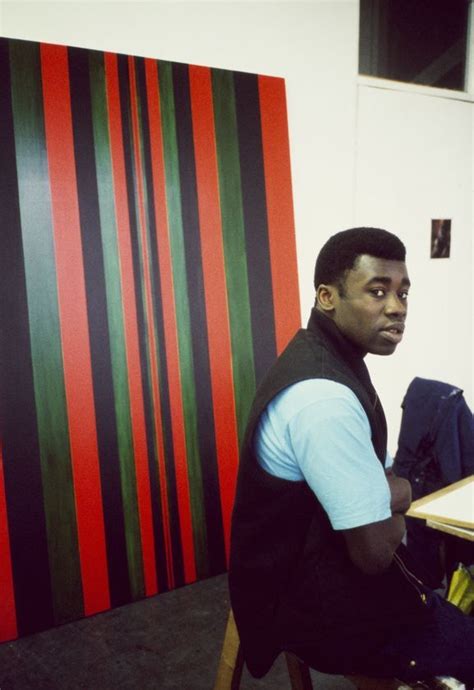Цитата Стивена Гринблата
Когда я был совсем маленьким, я наткнулся на сборник рассказов [Франца] Кафки и прочитал «Суд». Меня просто поразила эта история. Я не мог этого понять. Я все еще не знаю. Я говорю о том, что читал более 50 лет назад. Эта история оставила во мне небольшой шрам.
Связанные цитаты
Истории, которые оказали на меня глубочайшее влияние, и одна из причин, по которым я был взволнован, чтобы наконец написать свою историю, — это когда я могу читать истории других, которые следуют за Христом, которые преданы, но все еще находятся в пути. путешествие. Они не прибыли, и могу быть честным об этом процессе.
В любом случае, вы с раздражением или весельем читаете многочисленные ошибки в статье, а затем переворачиваете страницу на национальные или международные дела и читаете с новым интересом, как будто остальная часть газеты каким-то образом более точна о далекой Палестине, чем речь шла об истории, которую вы только что прочитали. Вы переворачиваете страницу и забываете то, что знаете.
Я не думаю, что нам нужен критик, чтобы вести переговоры с аудиторией. Люди говорят: «Для кого ты пишешь?» Я пишу для себя, но моя аудитория — это все, кто умеет читать. Я думаю, история должна заинтересовать любого, кто умеет читать. И я надеюсь, что мои рассказы сделают это, может быть, на другом уровне для более искушенных читателей, чем, скажем, старшеклассник, но все же история должна вас захватить. Вот почему мы читаем это.
Однажды вечером друг дал мне книгу рассказов Франца Кафки. Я вернулся в пансион, где остановился, и начал читать «Превращение». Первая строчка чуть не сбила меня с кровати. Я был так удивлен. Первая строка гласит: «Проснувшись тем утром от беспокойных снов, Грегор Замза обнаружил, что превратился в своей постели в гигантское насекомое. . . ». Когда я прочитал эту строчку, я подумал про себя, что не знал, что кому-то разрешено писать такие вещи. Если бы я знал, то давно бы начал писать. Поэтому я сразу же начал писать короткие рассказы.
Я читал рассказ и перечитывал рассказ, но так и не нашел той универсальности, о которой говорил маленький ирландец. Все, что я увидел в этой истории, это несколько ирландцев, собравшихся в комнате и обсуждавших политику. Какое отношение это имеет к Америке, особенно к моему народу? Только годы спустя я понял, что он имел в виду ... Я начал слушать, внимательно слушать, как они говорили о своих героях, как они говорили о мертвых и о том, какими великими когда-то были мертвые. Я слышал это повсюду.
Трудно сказать, заинтересован ли кто-нибудь в чтении сериализованного рассказа. Но интересно каждую неделю вставлять клиффхэнгер. Это было популярно в старых комиксах. Они писали историю выходного дня, отличную от ежедневной ленты. Таким образом, люди ежедневно следят за одной историей, а по выходным — за отдельной историей. Если вы их читаете, вы думаете: «Я прочитаю еще два». Тогда ты такой: «Я должен узнать!» А вы прочтите еще 500.
В тысячах историй, которые я собрал за эти годы, есть люди, которые просто хотят знать, что их история имеет значение, что их история не безнадежна. И люди, какую бы избитую историю я ни читал, я всегда находил хотя бы проблеск Божьей руки в действии в каждой истории. Мне сильно напомнили, что Бог занимается свалкой. Он охотно лезет в самые запутанные части нашей жизни, пачкает руки и начинает строить что-то прекрасное из того самого, что мир может не заметить как ничего не стоящего.
Первый рассказ, который я написал, был «Кошачья морда», который позже был выбран для коллекции О. Генри, так что это придало мне уверенности, чтобы попробовать еще. Собирать эти истории вместе было забавно, но когда я прочитал их, я понял, что у меня есть определенные ментальные заботы, и они продолжают повторяться в моих историях.
Jay-Z более одарен от природы. Он не зависел так сильно, как 50, от своей личной истории. У Jay-Z отличная история, он вышел из довольно трудной среды. Но ранний успех 50-х был во многом основан на истории и его происхождении. Что касается Jay-Z, я чувствую, что у него более естественный дар языка и самой музыки. 50 действительно пришлось учиться и работать над этим намного усерднее.
Моя мама прожила свою жизнь фильмами и книгами — она читала все, что можно было прочитать. И она читала мне каждый вечер. Я никогда не ложился спать без того, чтобы она не читала мне. И она фантазировала о книге, и она говорила о ней, о месте, и вы думали, что после того, как она прочитала книгу и рассказала вам истории о ней, что она действительно была там. Я узнал от нее об истории, и я узнал ценность великой истории и ценность великих персонажей.




































